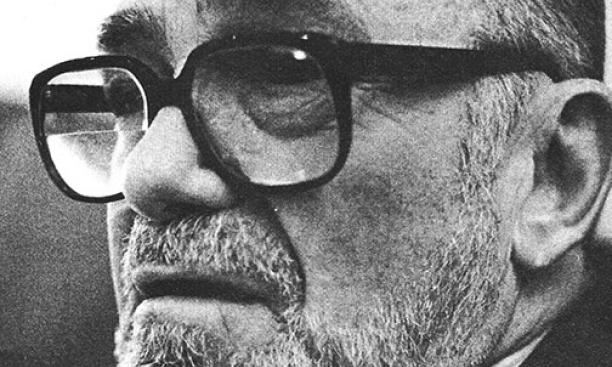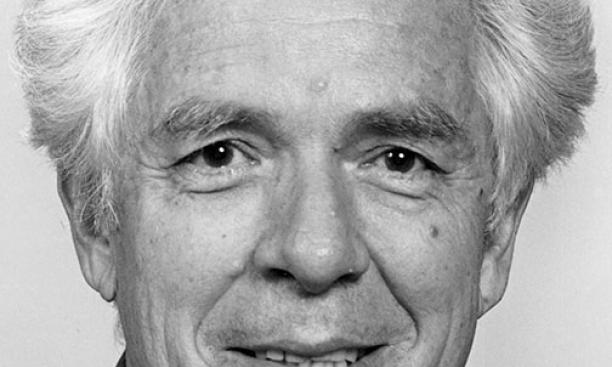
Professor IGOR KLEBANOV *86 received the 2014 Tomassoni Prize for outstanding achievements in physics. The award cited his “central role in one of the most remarkable recent developments of theoretical physics: the duality between gravity and gauge quantum field theory.”
YU YING-SHIH, professor emeritus of East Asian studies and history, is the first recipient of the Tang Prize in Sinology. The prize, which includes an award of more than $1 million, recognizes originality of research and contributions to society. The Tang Foundation said Yu is “widely recognized as the greatest living historian of China.”
PETER SCHÄFER, professor emeritus of Jewish studies, became director of Berlin’s Jewish Museum Sept. 1. He succeeded W. Michael Blumenthal *56, the museum’s founding director.
MANJUL BHARGAVA *01, a professor at Princeton since 2003, last month received the Fields Medal, often described as the Nobel Prize of mathematics. The International Mathematical Union cited his creativity and technical mastery and said he has had “a profound influence” on the field of number theory, the study of the properties of whole numbers. Barghava has won several teaching awards and leads a popular freshman seminar on “The Mathematics of Magic Tricks and Games.” Among the other Fields winners this year is the award’s first female recipient, Stanford professor Maryam Mirzakhani, who taught at Princeton from 2004 to 2010.
The University said it would not support student travel to Guinea, Liberia, or Sierra Leone because of the EBOLA OUTBREAK. A summer trip to Sierra Leone by the Princeton chapter of Engineers Without Borders was canceled, and some internships in that country were moved to other locations, according to Nancy Kanach, senior associate dean of the college.
As construction of the University’s ARTS CENTER and transit hub continues (see page 18), opponents lost rounds in July in their attempts to halt the project. Challenges to local zoning approvals and to the removal of a portion of the Dinky track were unsuccessful.

Art and archaeology professor emeritus SAMUEL HUNTER, who had a distinguished career in the museum world before joining the faculty in 1969, died July 27 in Princeton. He was 91. A scholar of modern and contemporary art, Hunter built Brandeis University’s art collection, was an associate curator at the Museum of Modern Art in New York, and served as a New York Times art critic and arts editor. He also was faculty curator for modern art at the Princeton University Art Museum. The author of more than 50 books, including Modern Art: Painting, Sculpture, Architecture, he retired in 1991.

HAROLD KUHN *50, professor emeritus of mathematical economics and a member of the team that advanced game theory in the 1950s and ’60s, died July 2 in New York City. He was 88. After joining the faculty, Kuhn collaborated on the emerging fields of nonlinear optimization and game theory. In 1951, with Professor Albert Tucker *32, Kuhn described the Karush- Kuhn-Tucker conditions for nonlinear programming, now a staple of economics. In the late 1960s, Kuhn wrote a document that became the basis for “Rights, Rules, Responsibilities,” the still-evolving guide on conduct applicable to the entire University community.
